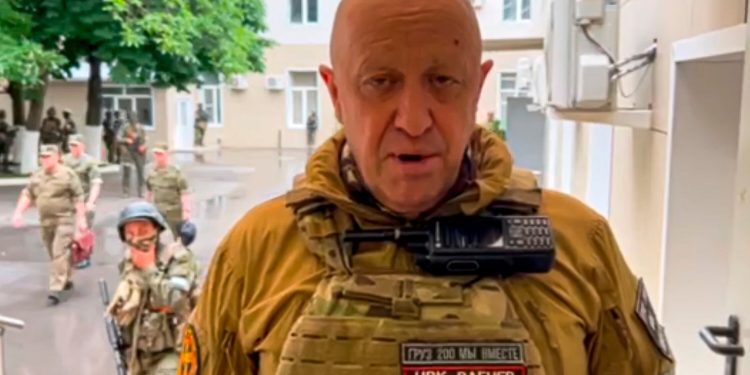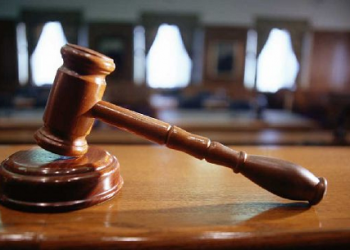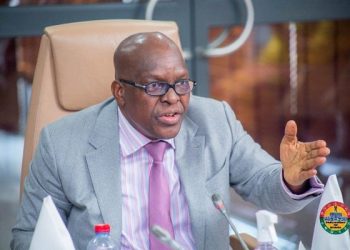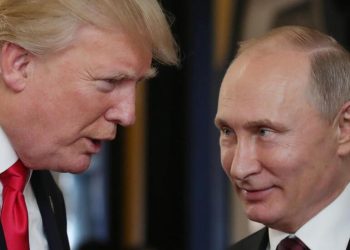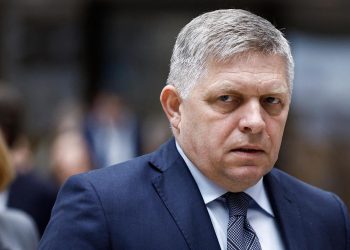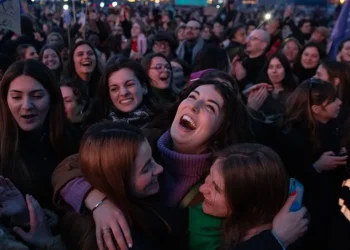For one long June night and a day, Russia’s notorious mercenary leader Yevgeny Prigozhin staged an apparent insurrection, sending an armoured convoy towards Moscow and raising questions about Vladimir Putin’s grip on power.
The Russian president even accused his former ally of treason, embarking on an armed rebellion and “a stab in the back of our country”.
But by the end of Saturday, Prigozhin had called the whole thing off and ordered his men back to base.
“In 24 hours we got to within 200km (124 miles) of Moscow. In this time we did not spill a single drop of our fighters’ blood,” he announced.
Twenty-four hours of mayhem, and so much we don’t know.
Was the Wagner boss planning a coup?
Prigozhin was adamant this was “a march for justice”, not a coup. Whatever it was, it came to an end very fast.
For months he has played a vital role in Russia’s military campaign in Ukraine, recruiting thousands to his Wagner mercenary group, especially from Russian jails.
He has long been in a public feud with the military chiefs running the war, but that turned into open revolt as they sought to bring his forces under their command structure by 1 July.
Wagner fighters crossed from occupied eastern Ukraine into the big southern Russian city of Rostov-on-Don, then moved up the main motorway via Voronezh, en route to Moscow.
It felt like a defining moment in Russia’s 16-month full-scale invasion of Ukraine. But as the Wagner convoy headed north, there came news of a deal, bizarrely brokered by Belarus leader Alexander Lukashenko.
Few believe the story is as simple as that, but if the Kremlin is right this may be the end of Prigozhin’s role in the war and in Russia itself.
He is heading to Belarus and will not face criminal charges, says the Kremlin. His fighters have been promised an amnesty. Was it entirely bloodless? That is unclear as at least one military helicopter was shot down.
And where this leaves Vladimir Putin is another matter.
Wagner vs Russia’s military chiefs
Prigozhin has raged and ranted for months at Defence Minister Sergei Shoigu and armed forces chief Valery Gerasimov about their failure to supply his mercenaries with sufficient kit and ammunition.
When President Putin backed their deadline to bring all mercenary groups fighting in Ukraine to sign defence ministry contracts, he refused, seeing it as a challenge to his influence.
In a lengthy tirade on 23 June he told Russians the whole justification for their war was a lie and merely an excuse for “a small group of scumbags” to promote themselves and deceive the public and president.
Then came an extraordinary escalation in their dispute.
Prigozhin accused the military of staging a deadly attack on his men in Ukraine. The military denied launching a strike and the video he produced as evidence revealed nothing.
Late on Friday he announced his “march for justice” was under way.
“There are 25,000 of us and we are going to find out why there is such chaos in the country,” Prigozhin exclaimed. “Everyone who wants, join us.”
Gen Sergei Surovikin, deputy commander of forces in Ukraine, appealed to him to step back and submit to President Putin’s authority.
Moving his forces across the border into Rostov-on-Don overnight, he claimed control of the military HQ from where the war is being run, and videos showed his men in the centre of the city apparently encountering no resistance.
By Saturday morning he declared: “We are inside [military] headquarters.” The city, he said later, had been taken “without a shot”.
Russia’s FSB security service then opened a criminal case. The entire Moscow region was put on an alert under a strict “counter-terrorist operation regime”, as was Voronezh halfway up the M4 motorway from Rostov.
Putin’s televised address
On Saturday morning, looking stern and determined, Vladimir Putin gave a five-minute address on state-run TV and appealed for unity.
“What we are facing is precisely treason,” he told the nation. Without naming his former ally, he said those behind the military mutiny had betrayed Russia and would answer for it.
Prigozhin quickly denied betraying his country, and then went on to criticise the president as “deeply wrong”.
Until this point he had never directly targeted his anger at Mr Putin.
But his sarcastic references to “happy grandfather” were widely seen as indirect criticism. Last month he asked how Russia could win if it turned out that “this grandfather is a complete arsehole”.
Columns of armoured Wagner vehicles were soon seen heading up the motorway through Voronezh region and further north into Lipetsk too.
A fuel depot was set alight `by an airstrike in Voronezh, although it was not clear why.
A challenge to Putin’s rule?
Prigozhin was adamant he was not challenging Russia’s war in Ukraine, just the “clowns” in charge of it.
He also maintained he was not disputing the president’s leadership, even though he threatened to head towards Moscow if his military demands were not met.
For several hours Vladimir Putin looked like a leader who had lost control of a fast-moving situation.
Then, on Saturday evening, came word from Belarus leader Alexander Lukashenko – another close ally of Mr Putin – of a deal.
Prigozhin would leave for Belarus and avoid criminal charges. He was later seen leaving Rostov in a car.
His Wagner fighters would escape prosecution and those who wanted to could sign contracts with the defence ministry.
Where does this leave Putin?
On the face of it, he looks weakened, outmanoeuvred by Prigozhin and president of a country where chaos reigned for a full day.
And relying on the leader of Belarus to save the day looks awkward. It was Russia that propped up Mr Lukashenko when protesters brought his country to a standstill in 2020, after an election widely viewed as rigged.
The Ukrainian presidency said he had been left humiliated.
But there is another view too, that Russians have now seen the alternative to a Putin presidency and for several hours it looked like anarchy.
The military has also found a way of bringing under its control a potentially combustible force of 25,000 mercenaries. That still has to play out, but their turbulent leader, Yevgeny Prigozhin, is out of the picture.
source: BBC





































